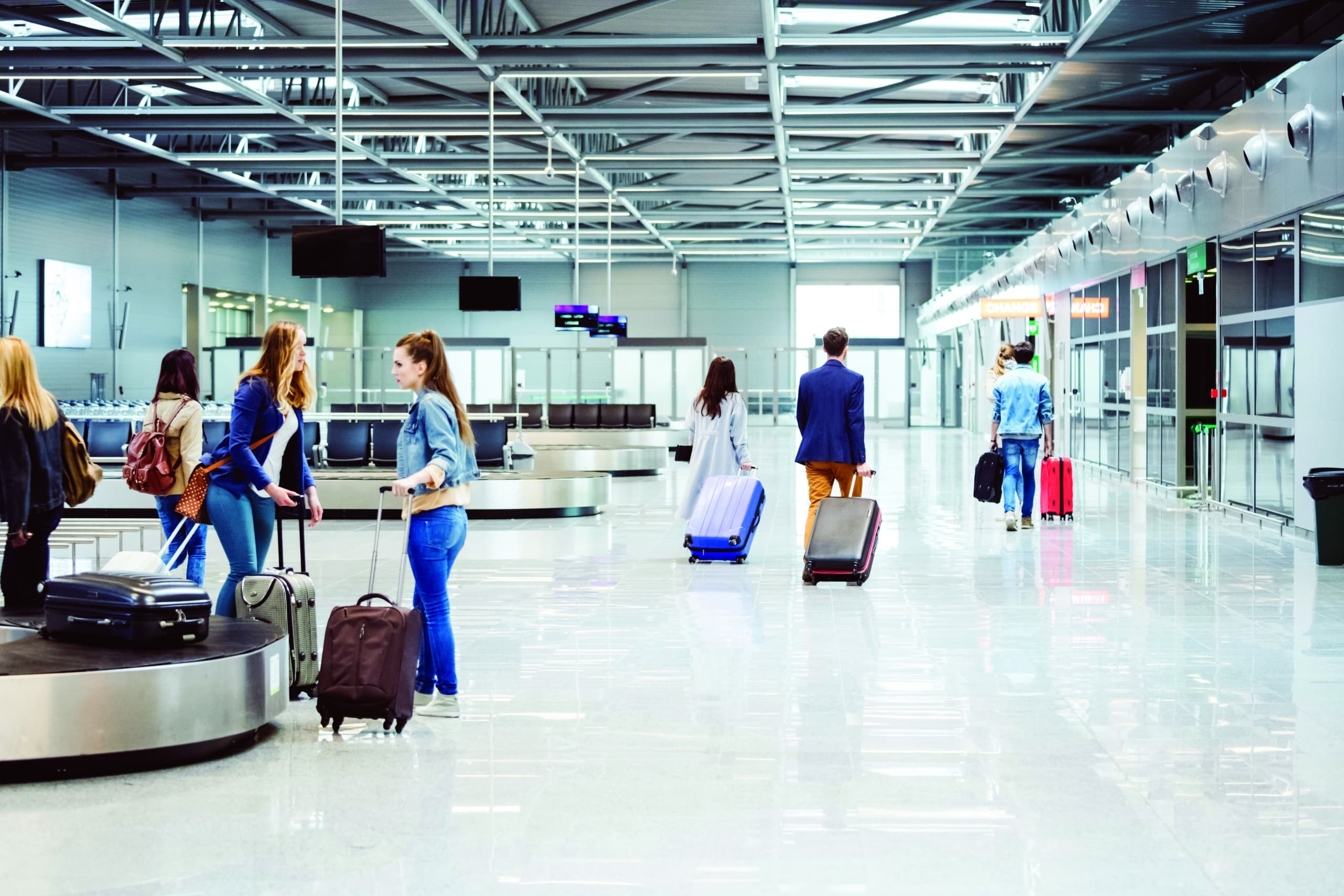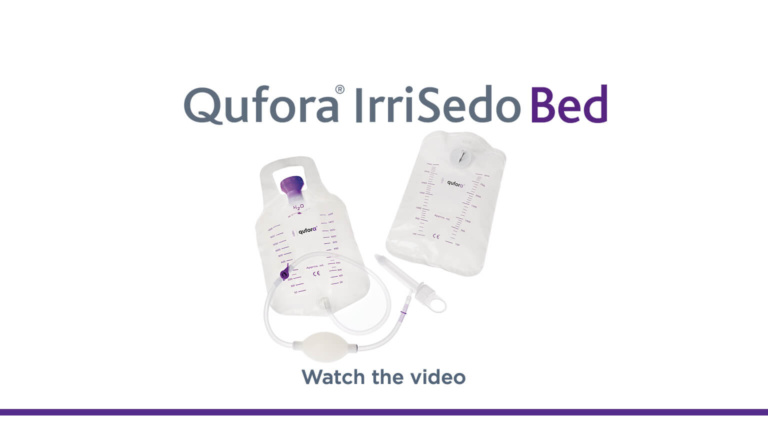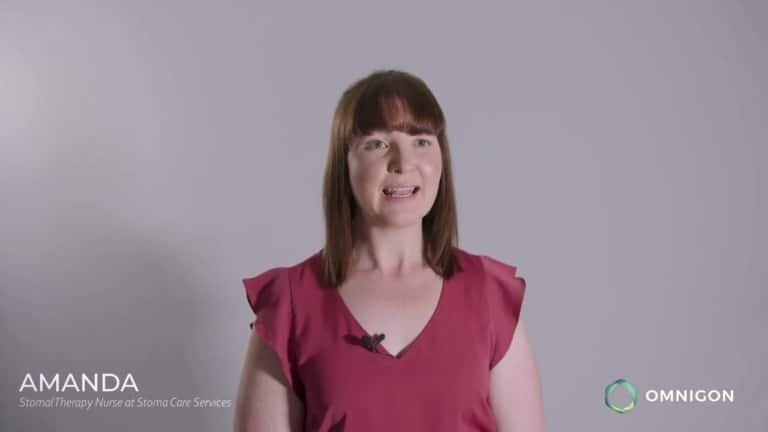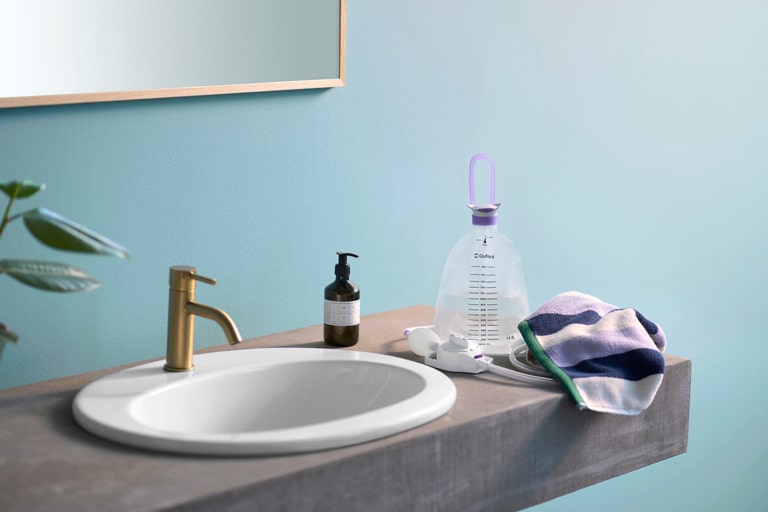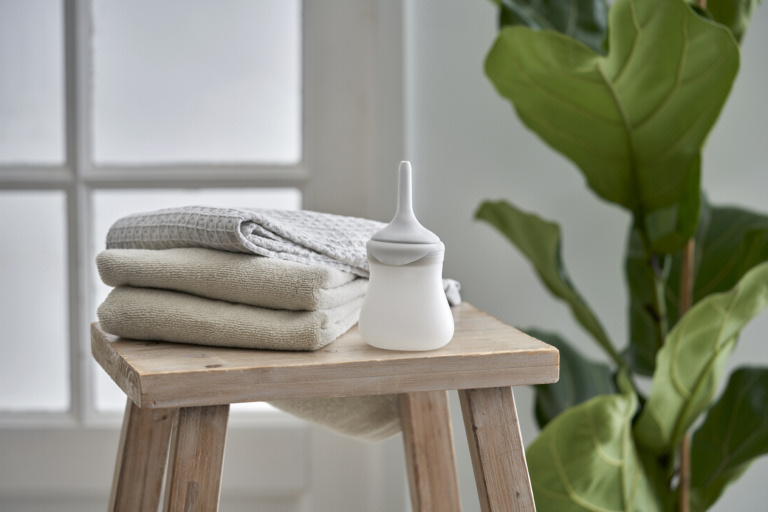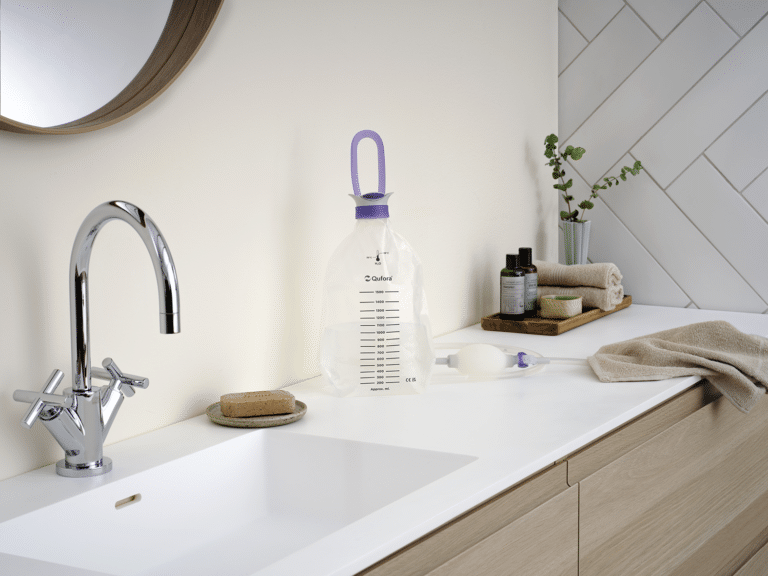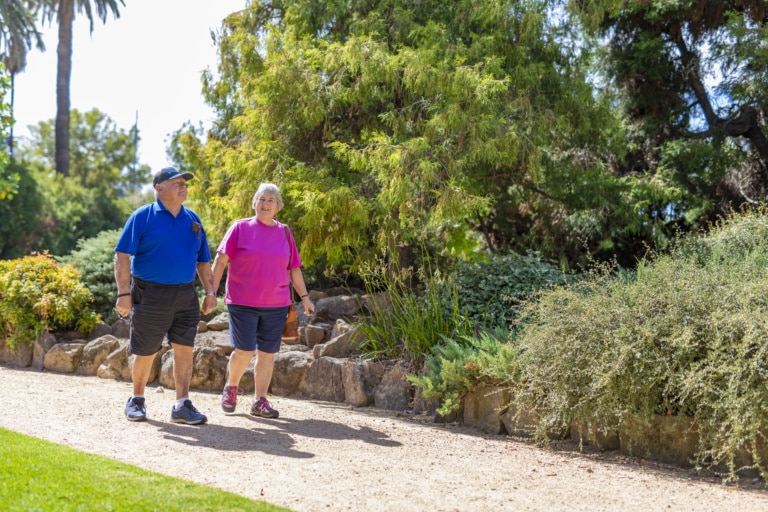The idea of travelling with a stoma may seem daunting, especially if you are a new ostomate, however preparation will play a big role in minimising stress levels and help you to enjoy your holiday.
Please refer to some tips, hints and helpful websites below that may help minimise any uncertainty and make you feel more confident with travelling:
- Consider taking double the supply you would normally need when you go on a holiday, especially if travelling overseas. Remember that changes in climate, diet and your daily routines may alter your normal stoma care plan, so go prepared.
- Contact your association (AUS) or your Stoma Nurse Specialist (NZ) to discuss your travel arrangements and give them plenty of time to order your supplies before travelling. If you are going for a short holiday you may just order for 2 months instead of 1 month, again it is best to discuss your travel plans with your association and your Stomal Therapy Nurse as needed.
- When organising your carry-on and check-in luggage, divide your products up, packing half in your carry-on luggage and the other half in your check-in luggage, just in case something happens with your check in luggage on arrival at your destination.
- If you use closed pouches also consider taking some drainable pouches in case you need to empty it before airport screening security checks, on the plane, and/or if you experience diarrhoea due to environmental and/or diet change.
- Remember that some items are forbidden to be in your carry-on luggage. Eg. Dangerous items like flammable aerosols, powders, gels and scissors are not allowed. If you use cut to fit pouches, pre-cut them before travelling and consider taking remover and barrier wipes if applicable, instead of sprays. Pack your scissors, stoma powder, lubricating gel and flammable aerosol remover or barrier sprays into the check-in luggage.
- It may be helpful to add toilet paper, plastic bags and cleansing wipes to your travel kit. These items will assist in the clean-up of any accidental messes and allow disposal of your used pouch when convenient to do so. Remember not all toilet facilities supply a rubbish bin and you may need to locate one outside of the bathroom you use.
- Request an aisle seat on the plane if possible, so you have free access to the toilet, and when confirming your seat consider where the nearest toilet will be to your seat.
- Drink plenty of water on long flights to avoid risk of dehydration, especially in hot climates.
- For ostomates concerned about the possible increase in gas or wind caused by cabin pressure on a plane or due to a different diet, try the following tips: avoid carbonated drinks, and foods that are likely to cause gas, consider using a drainable pouch, or a 2 piece system to assist the release of gas.
- It is important to consider a holiday checklist when you’re travelling.
- Arrange to have a travel certificate or Doctor’s letter, highlighting your medical condition and the need for you to wear a stoma pouch. This is helpful to present at security screening checkpoints at airports. Ask to speak with security officers in private if clarity around having a stoma is needed. They should always protect your privacy and dignity while they do their airport security screening and you should never be asked to expose your stoma pouch. If you need to print an Ostomy Travel Certificate refer to the link: http://australianstoma.com.au/resources/travelling-overseas/. The travel certificate is available in various languages.
- Body scanning at airports can cause concern for some ostomates. The Australian Government has guidelines to help those who use medical devices due to medical conditions such as stoma. Please refer to the use of body scanners for aviation security screening.
- Always consider an appropriate level of travel insurance. It is important to make sure that pre-existing conditions are covered in your policy, so always discuss your needs with your travel agent or chosen insurer.
- Be aware that Australia and New Zealand have reciprocal health care agreements with some countries. This means that as an Australian or New Zealand resident you may be eligible to receive medical assistance that covers the cost of medically necessary care. More information is available at:
